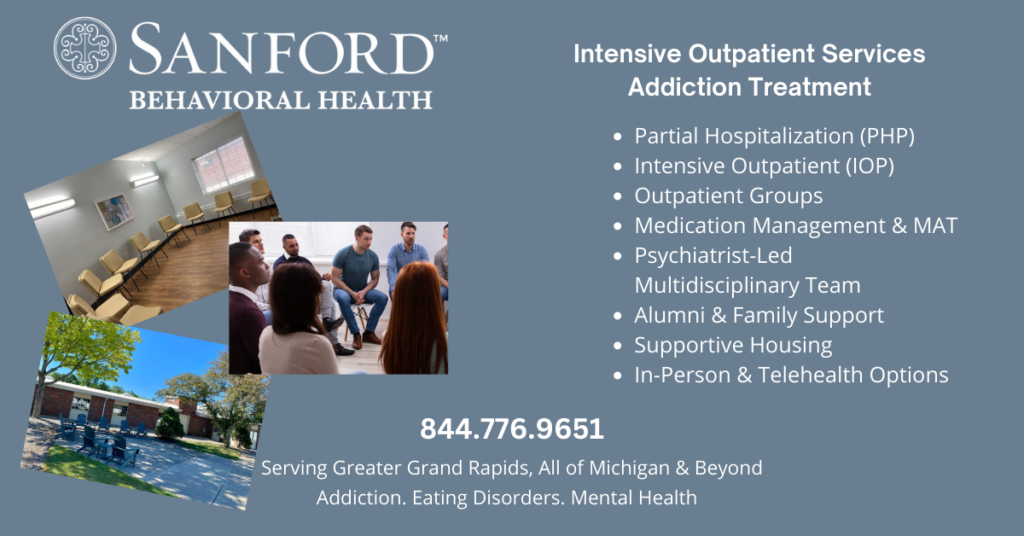Ask Rae: College Student with Family History of Alcoholism

Identify supports you are comfortable with and lean on them to help you navigate this exciting period!
Dear Rae:
I am starting college this month and have been worrying about whether I am genetically more likely to become addicted to drugs and alcohol. I have been vaping weed most mornings this summer and drink hard seltzer. There is a family history of alcoholism, and I worry I might be susceptible to addiction or that weed may be a “gateway” drug. I played sports, worked a summer job, and got good grades in high school. I also feel like my schedule in college will minimize my use naturally. But could you explain the genetic issues with addiction, please? Am I destined to become an alcoholic? B
Family History of Alcoholism
Dear B:
I am glad you are thinking and asking about the risk factors associated with alcohol use in your family. Studies from the National Institute of Alcohol Abuse and Alcoholism (NIAAA) show that genes are responsible for about half the risk of developing an alcohol use disorder (AUD). But environment and the interactions between genes and environment are also factors.
“Because of the genetics involved, anybody related to a family member with an AUD is likelier to fall into an AUD themselves. Additionally, every genetically related family member with an AUD increases the chances that offspring would be predisposed to an AUD. In other words, the more people with AUD in the family, the higher the risk. But genetics isn’t 100%; a person can go against their genetics.” Dr. Gilbert Masterson, Chief Medical Officer Sanford Behavioral Health
As Dr. Masterson says, genetics do not make an AUD inevitable if you continue to monitor and manage your drug and alcohol use and seek professional help early if it becomes unmanageable. I want to give you some statistics from the National Institutes for Health.
Studies, Stats, and Facts
- First, college students drink and use drugs often, so there will be temptation. 53% drink alcohol, and 33% binge drink. About 9% of full-time college students meet the criteria for an AUD and 12% use cannabis daily or almost daily.
- Your schedule might mitigate drug and alcohol use, but finding leisure activities that don’t involve psychoactive substances is important for someone with your genetic history. You say you were an athlete in high school – there will be many opportunities to join intramural sports.
- Your age is a factor in developing a substance use disorder. Until your mid-20s, the brain is still developing, making it more vulnerable to the adverse effects of alcohol. In addition, the earlier a person starts drinking, the more likely they will develop problems with drug and alcohol addiction.
- I often hear the argument that cannabis is “natural” and “legal” in 23 states, so it must be okay to use daily. But cannabis is a psychoactive substance, and, as with all psychoactive substances, the use of one predisposes you to increased vulnerability to others. Carefully monitor your use.
- Monitor your alcohol consumption. If you cannot control the amount you drink (no more than ten drinks in a week or three drinks daily), abstain from alcohol. There is an excellent resource called RETHINKING DRINKING that provides guidelines.
- Lastly, binge drinking has increased by 10% year over year since 2006 among women in their 30s and 40s with the highest level of education (master’s degree and higher). This increase is compared to 2% among non-college-educated women.
Family History
Your genetic factors do make you vulnerable to alcohol dependence. But how you were raised, the friends you choose, and how you cope with stress are also factors. My best advice is to continue to educate yourself, observe, and ask questions. The move to college is a significant life change. Identify supports you are comfortable with and lean on them to help you navigate this exciting period of social and emotional growth!
Rae Green, JD, LPC, CAADC, is the Founder and President of Sanford Behavioral Health.
If you would like to ASK RAE a question about addiction or recovery, click the link below:





